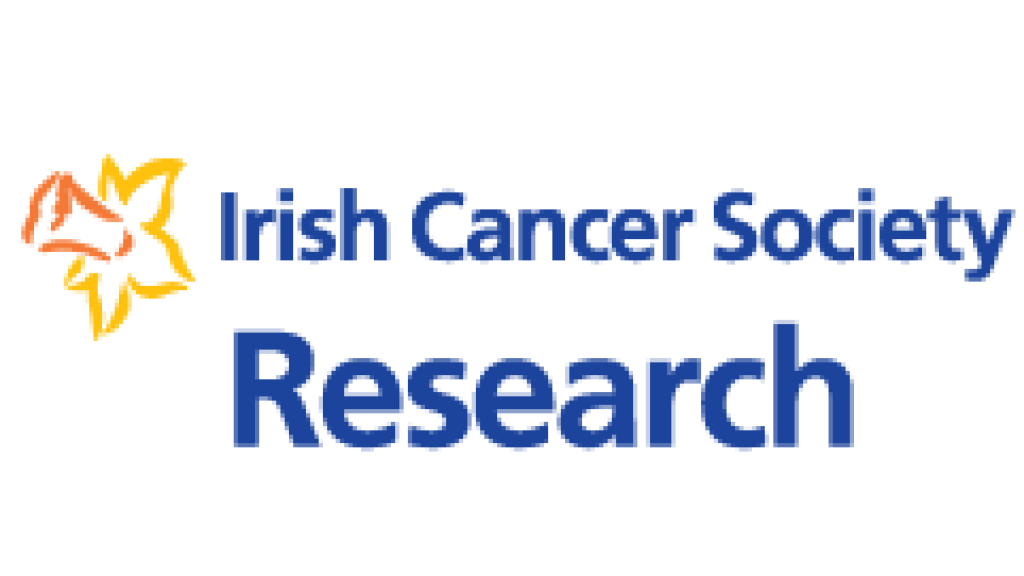
New research shows low dose aspirin may benefit women with breast cancer
New research revealed at the 48th Annual Meeting of the American Society of Clinical Oncology (ASCO) by Dr Thomas Ian Barron, supervisor to two Irish Cancer Society Research Scholars based at the Department of Pharmacology and Therapeutics at Trinity College Dublin, shows that there is a significant association between high aspirin exposure and reduced breast cancer mortality in women with stage I-III breast cancer. According to the study, low dose aspirin (75mg) accounted for 90% of aspirin use among women with high aspirin exposure, suggesting that the use of low dose aspirin may be sufficient to reduce mortality in women with stage I-III breast cancer.
ASCO’s annual meeting is a very important event in the context of Irish clinical oncology, and for clinicians all over the world. Dr. Barron is one of twenty Irish-based researchers presenting at ASCO this year, 6 of whom are members of the Irish clinical trials organisation, ICORG, which is supported by the Irish Cancer Society.
‘Aspirin Use & Mortality in Women with Stage I-III Breast Cancer’, a new population-based study, was presented at the ASCO poster session on Saturday, June 2nd, and is the first study in Ireland to identify associations between aspirin use and mortality in women with breast cancer. The study uses patient records from the National Cancer Registry Ireland (NCRI), linked to prescription dispensing data from Ireland’s Health Service Executive (HSE) – Primary Care Reimbursement Services (PCRS) pharmacy claims database. 2,714 women with stage I-III breast cancer were identified, of whom 642 used aspirin in the 90 days prior to breast cancer diagnosis.
Previous observational studies have associated aspirin use with large reductions in breast cancer mortality. However, overall results to date have been mixed and these studies provided limited information on dose or duration of aspirin use, key issues relevant to the translation of their results into clinical practice according to Dr Barron.
“Our research shows that there is a significant improvement in survival rates among women who are taking low dose aspirin at the point of breast cancer diagnosis,” said Dr Barron. “Quite noticeably women diagnosed with breast cancer who were taking low dose aspirin consistently every day for a cardiovascular indication, for example, obtained the benefit of it and lived longer. This observational study provides further rationale for a randomised clinical trial for aspirin in patients with breast cancer that looks closely at dosage and timing of use, but also the possibility that higher doses may provide additional benefit. It would also be of value to determine if the effects of aspirin use on breast cancer mortality differ by breast cancer subtype.”
Head of Research at the Irish Cancer Society, Prof. John Fitzpatrick said, “Cancer research in Ireland is at a very high level and this is recognised by the fact that there are a significant number of presentations from researchers in Ireland at the American Society for Clinical Oncology meeting in Chicago. This reflects the high level of importance given to clinical cancer research in Ireland of which the Irish Cancer Society is a major supporter.”
He added, “Dr Barron’s study shows that further investigation is needed in the area of breast cancer to determine the additional benefit of aspirin use in reducing the mortality rates of women living with breast cancer in this country.”
The Irish Cancer Society has contributed more than €30 million to cancer research since 1963. During that period, more than 650 important research findings have been made. For further information on the Irish Cancer Society’s programme or to make a donation, visit www.cancer.ie/donate or contact the Irish Cancer Society on Call Save 1850 60 60 60.
